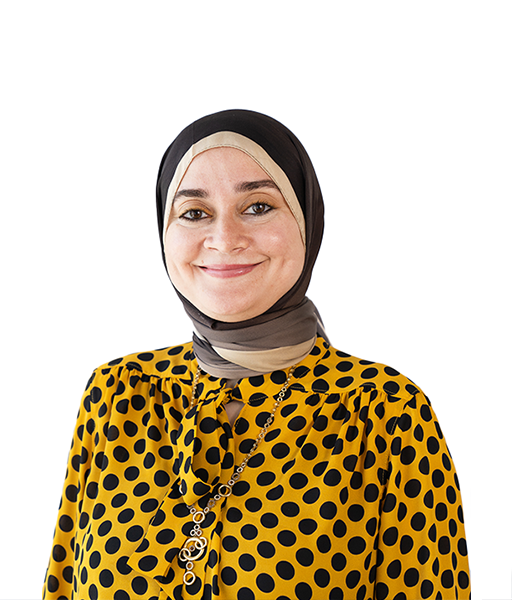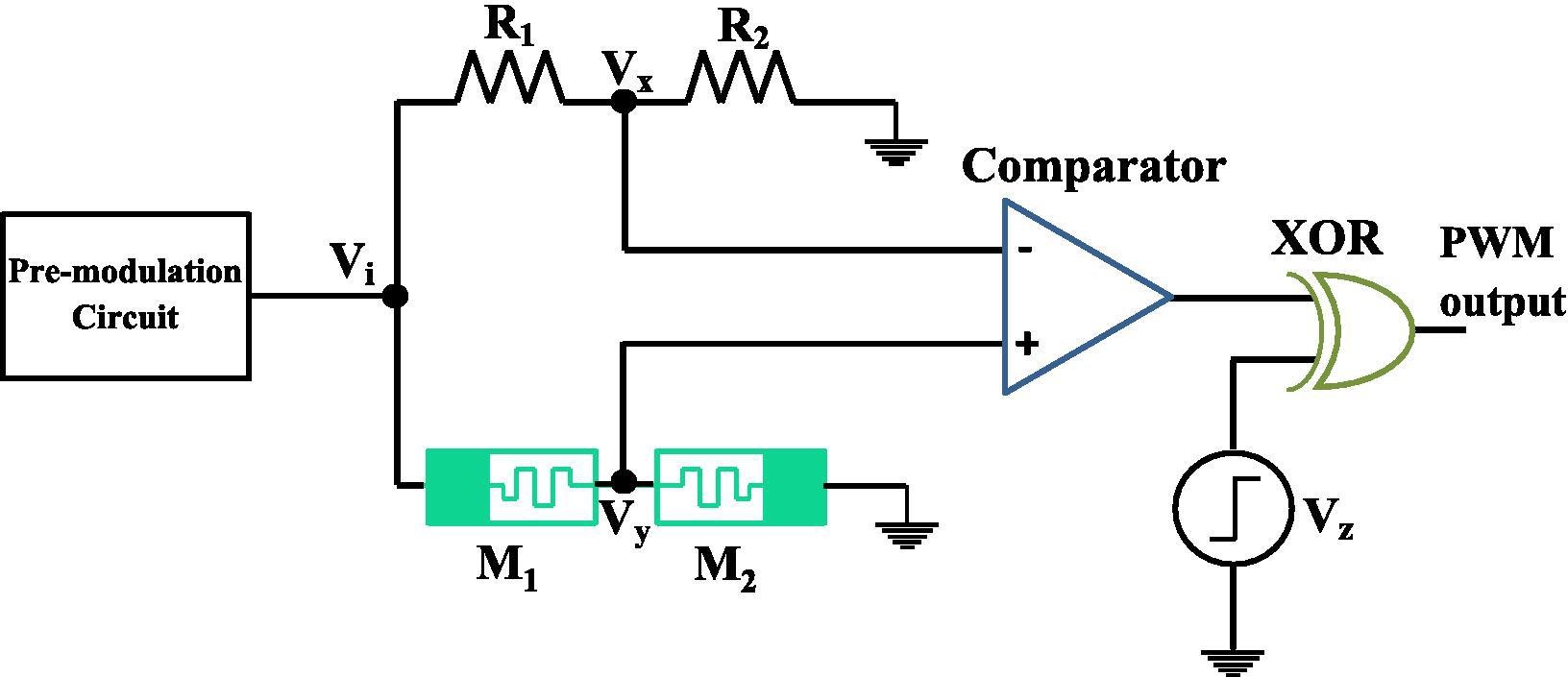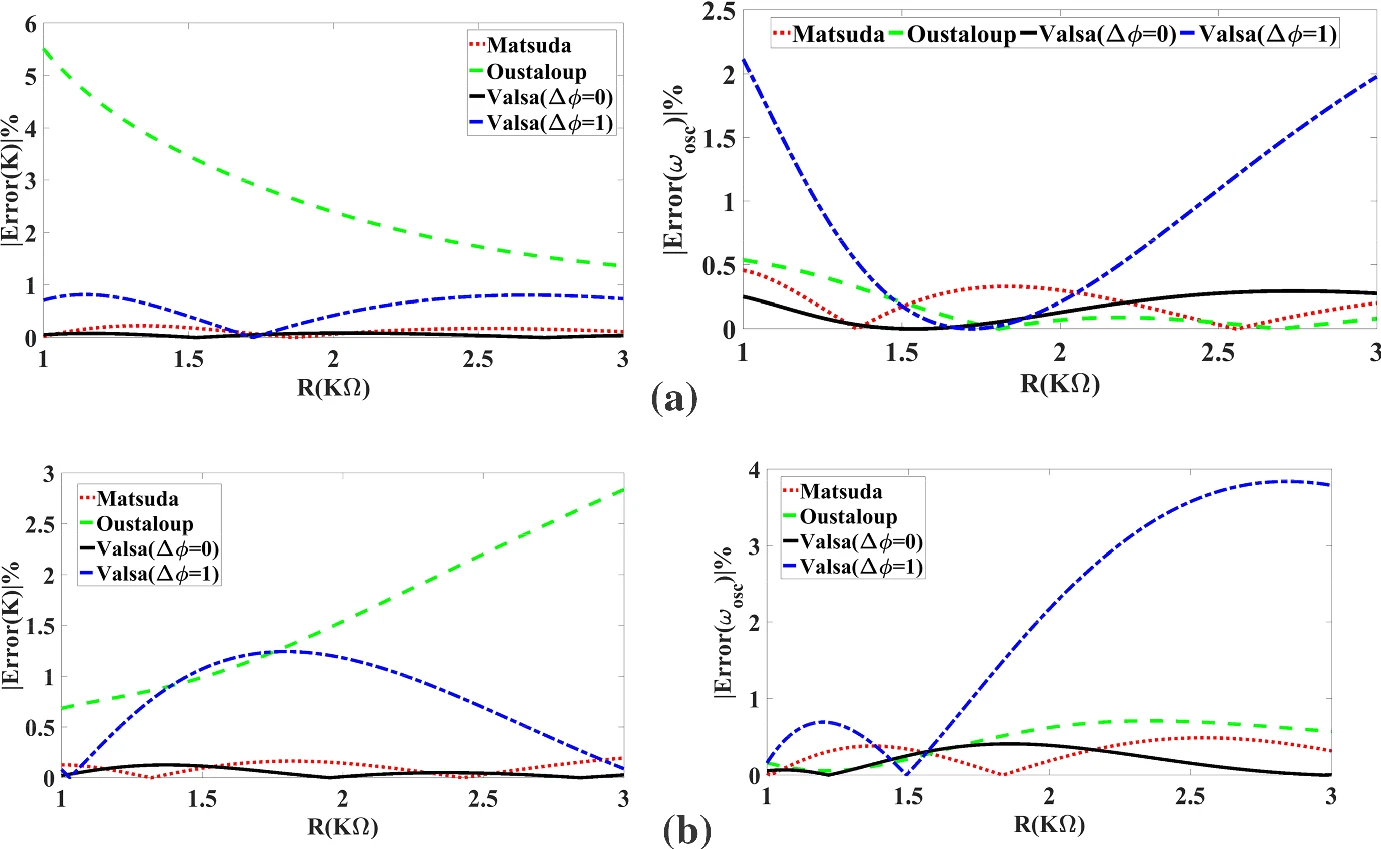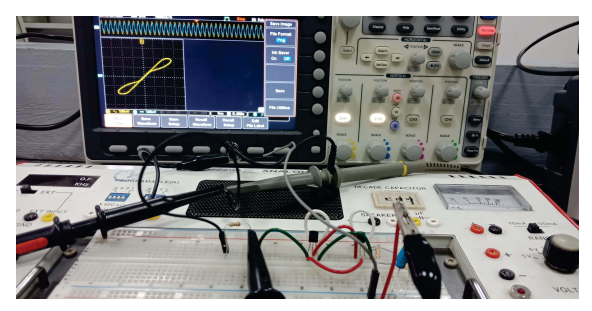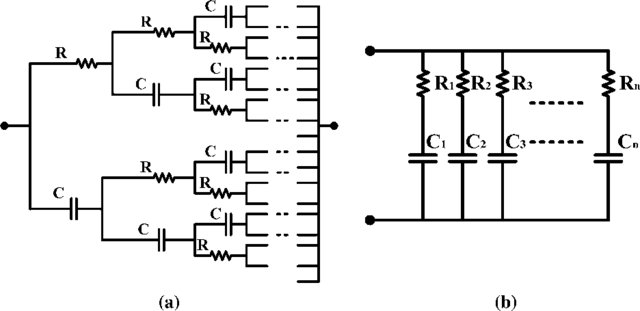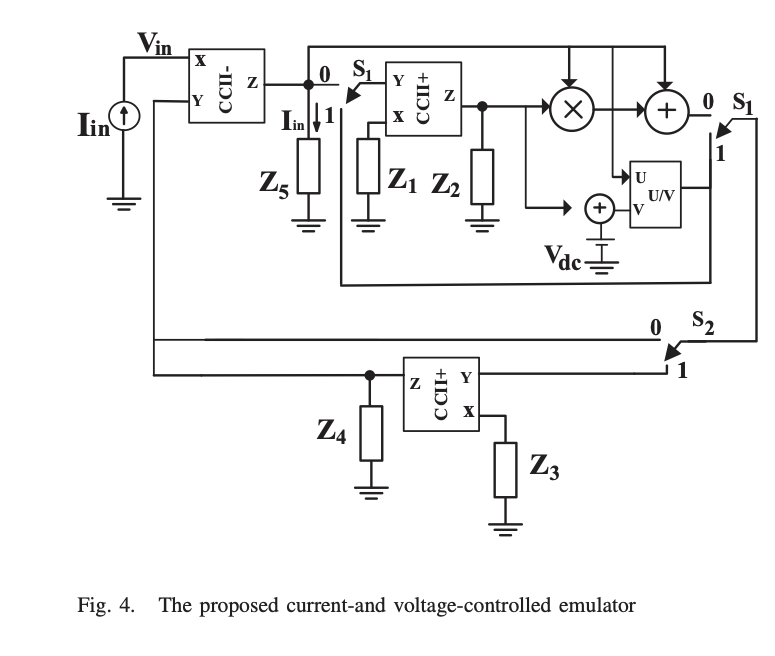Faculty Office Ext.
1757
Faculty Building
UB2
Office Number
S17
Lobna A. Said (Senior Member IEEE 2020) is a full-time Associate Professor at the Faculty of Engineering and Applied Science, Nile University (NU). She is the director of the Microelectronics System Design Master Program (MSD) and the former Co-director of the Nanoelectronics Integrated System Design Research Center (NISC) (2021-2024). She received her B.Sc., M.Sc., and PhD in electronics and electrical communications from Cairo University, Egypt, in 2007, 2011, and 2016, respectively. She has over 220 publications distributed between high-impact journals, conferences, and book chapters. She has an H-index of 36, according to the Scopus database. Her interdisciplinary research interests include smart systems, hardware accelerators, data encryption, energy harvesting, fractional-order circuits and systems, non-linear analysis, and chaos theory.
She was involved in many national/international research grants as a PI, Co-PI, or Senior Researcher/ Member.
She is the Vice-Chair of the technical Chapters of the IEEE Egypt Section and the Chair of the IEEE Computational Intelligence Egypt Chapter. She is Vice Chair of the IEEE System Council Egypt Chapter.
She is the Counselor of the IEEE NU student branch, 2018-present. She has been the Co-chair of WIE in the IEEE CAS Egypt Technical Chapter since 2021. She is a Member of the IEEE CASS Digital Communications Standing Committee. In 2025, she was elected to be the IEEE Africa Council Secretary.
She won the State encouragement award in engineering science for 2019. She received the Excellence Award from the Center for the Development of Higher Education and Research in 2019 for her best PhD thesis, completed in 2016. She won the Dr. Hazem Ezzat Prize for Outstanding Researcher at NU in 2019 and 2020. Her name was in the Top 2% of Scientists, according to the Stanford Report for 2019, 2020, 2021, and 2024. She has received the Recognized Reviewer Award from many international journals. She was awarded the IEEE Outstanding Branch Counselor & Branch Chapter Advisor Award in 2021. In 2022, she received a Fulbright Junior Faculty Development Program (JFDP) award. In 2023, she received the Africa Science Leadership Programme (ASLP) fellowship from the University of Pretoria and the Global Young Academy, with the support of the Robert Bosch Stiftung. In 2025, she received the U.S.-Africa Frontiers Fellowship Award.
In 2019, she was selected as a member of the Egyptian Young Academy of Sciences (EYAS) to empower and encourage young Egyptian scientists in science and technology and build knowledge-based societies. She was elected as the Co-Chair of EYAS (2020-2023). Furthermore, in 2020, she was selected as an affiliate member of the African Academy of Sciences (AAS). In 2020, she was also chosen as a Member of the Arab German Young Academy of Sciences and Humanities (AGYA). She was elected to serve on the AGYA steering committee for two years (2022-2024). From 2023 to 2024, she served as the co-president of AGYA. She was selected to be a Member of the Council for Future Studies and Risk Management, ASRT, Egypt (2021-2028). She was chosen to be a Member of the Egypt-US Exchange Alumni Council (2025-2026). She serves on the Advisory Board of the Skills and Employability Enhancement Center (SEEC) at Nile University. In 2023, she was elected a Member of the Organization for Women in Science for the Developing World (OWSD). In 2025, she was elected as a Regional Member to represent the Arab Region on the OWSD Executive Board.
Additionally, she served on the technical and organizing committees of many international conferences, organized special sessions, and was selected as a TWAS Young Affiliate. In 2022, she joined the editorial boards of four journals published by Elsevier, MDPI, and Frontiers.
- Lobna Said received The Stat Encouragement Award 2019 in engineering science. for Research Award from the Ministry of Scientific Research - Academy of Scientific Research and Technology.
- Lobna Said received the Dr. Hazem Ezzat Prize for the outstanding Researcher, NU for 2019/ 2020. for Research Award from Nile University.
- Lobna Said received The 2nd Place Best paper award Prize in ICM Conference, Jordon 2020 for Research Award from ICM Conference.
- Lobna Said received the Dr. Hazem Ezzat Prize for the outstanding Researcher, NU for 2018/ 2019. for Research Award from Nile University.
- Lobna Said received the Best Thesis Supervisor for the M.Sc. student Esraa Hamed, Nile University, 2019. for Research Award from Nile University.
- Lobna Said received the Excellence Award from the Center for the Development of Higher education and Research 2016 for Research Award from the Center for the Development of Higher education Research.
- Lobna Said received the Best paper award (electronic section) at the MOST Conference, Thessaloniki, Greece, 2017. the paper titled “FPGA Realization of Caputo and Grünwald-Letnikov Operators for Research Award from MOCAST Conference.
- Lobna Said being as Arab Co-President of the Arab-German Young Academy of Sciences and Humanities
- (AGYA) for this year Nov 23 to nov 24
- She was elected as the Co-president of the Arab-German Young Academy of Sciences and Humanities (AGYA) in 2023
- Lobna Said serves as the Special Issue Editor for Chaos and Complexity in Fractional Order Systems and Their Applications in Entropy (ISSN 1099-4300).
- Lobna Said is currently the Chair of the IEEE Computational Intelligence Egypt Chapter.
- Lobna Said was selected as a fellow in the Africa Science Leadership Programme (ASLP), hosted by the University of Pretoria and the Global Young Academy with the support of the Robert Bosch Stiftung, Dec 2023.
- Lobna Said is a member of the Organization for Women in Science for the Developing World (OWSD).
- Lobna Said serves as an International Ambassador of the 2024 IEEE 4th International Maghreb Meeting, May 2024, Tripoli – LIBYA.
- Lobna Said is the International Publicity Co-chair of SMART 2024 Conference.
- Lobna Said was invited as a Keynote Speaker at the ICDTA’24 International Conference on Digital Technologies and Applications, May 2024, MOROCCO.
- Lobna Said was invited as a Keynote Speaker in the International Workshop “Interdisciplinary Solutions for a Sustainable Future”, February 2024, UAE.
- Lobna Said received the Best Paper Award from the International Conference of Machine Intelligence and Smart Innovation (ICMISI’2024).
Pagination
- Analog integrated circuits.
- Digital integrated circuits.
- Fractional order circuits and systems.
- Chaos Theory and Nonlinear systems.
- Fractional-order biomedical applications.
- Fractional calculus.
- Renewable energy.
- Wastewater treatment and agriculture
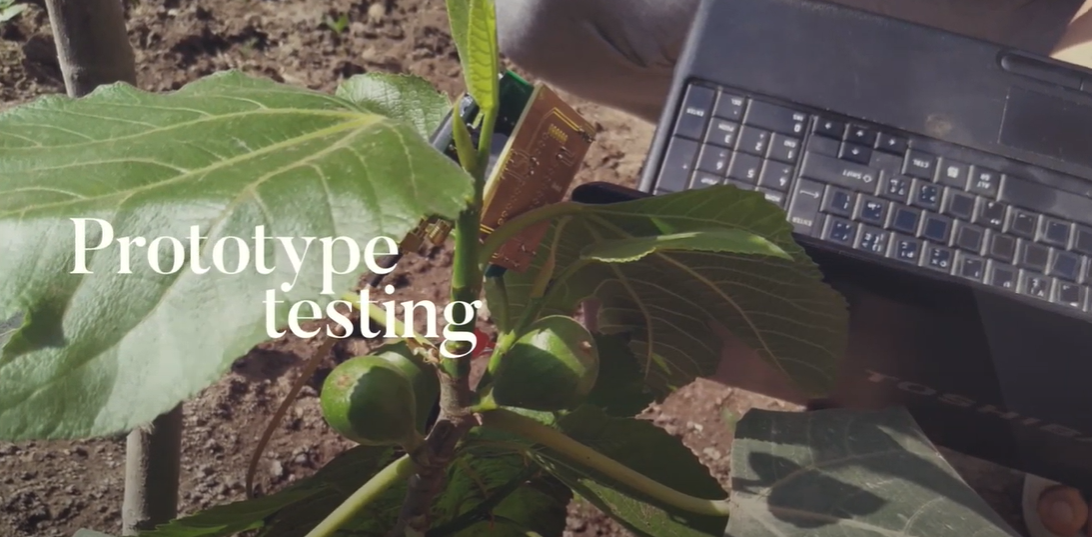
Wireless Monitoring of Fruit Growth Using an Electrical BioImpedance Sensor Device

Software Algorithm and Hardware Implementations of Information Security Using Number Theory and Chaotic Systems

Smart Agriculture in Internet of Things Era
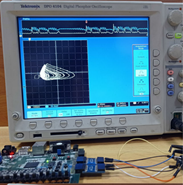
Fractional-order Complex Chaotic Systems: FPGA Implementation and Applications
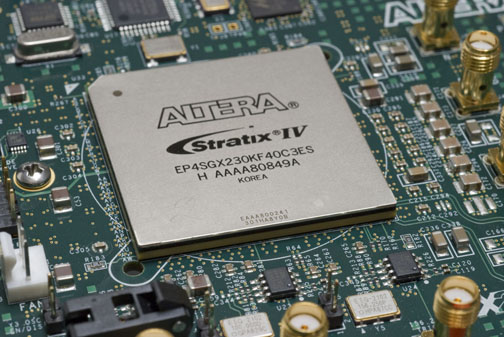
FPGA/FPAA Implementation of Fractional-order Systems
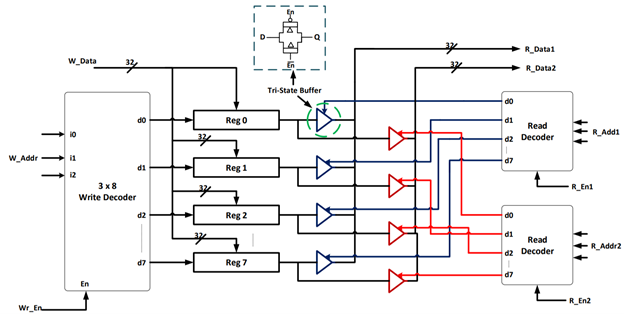
Ternary Logic Gates Design

Two Port Fractional-order Oscillators and Filters Suitable for Tissue Modeling

Efficient Implementation of Reconfigurable Machine Learning IP Cores on FPGA

Multi-stage Low-cost Treatment of Dyes and Paints Wastewater by Coagulation, Adsorption, and Filtration for Reuse in Several Application

Multi-purposes Reading IoT-based Smart Platform

Making Graduates in Egypt, Libya and Palestine Ready for the Job Market
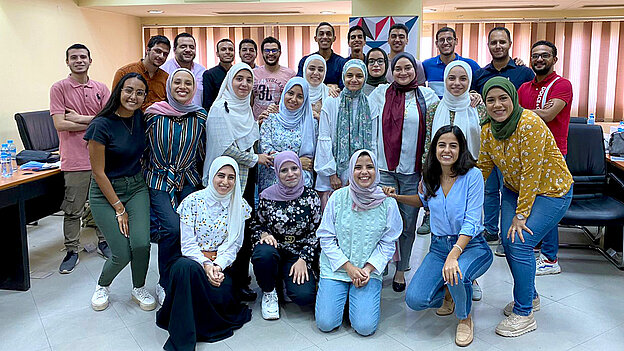
Improving Job Market Skills of Graduates

Bio-Mimetic Locomotion of Soft Turtle Robot


